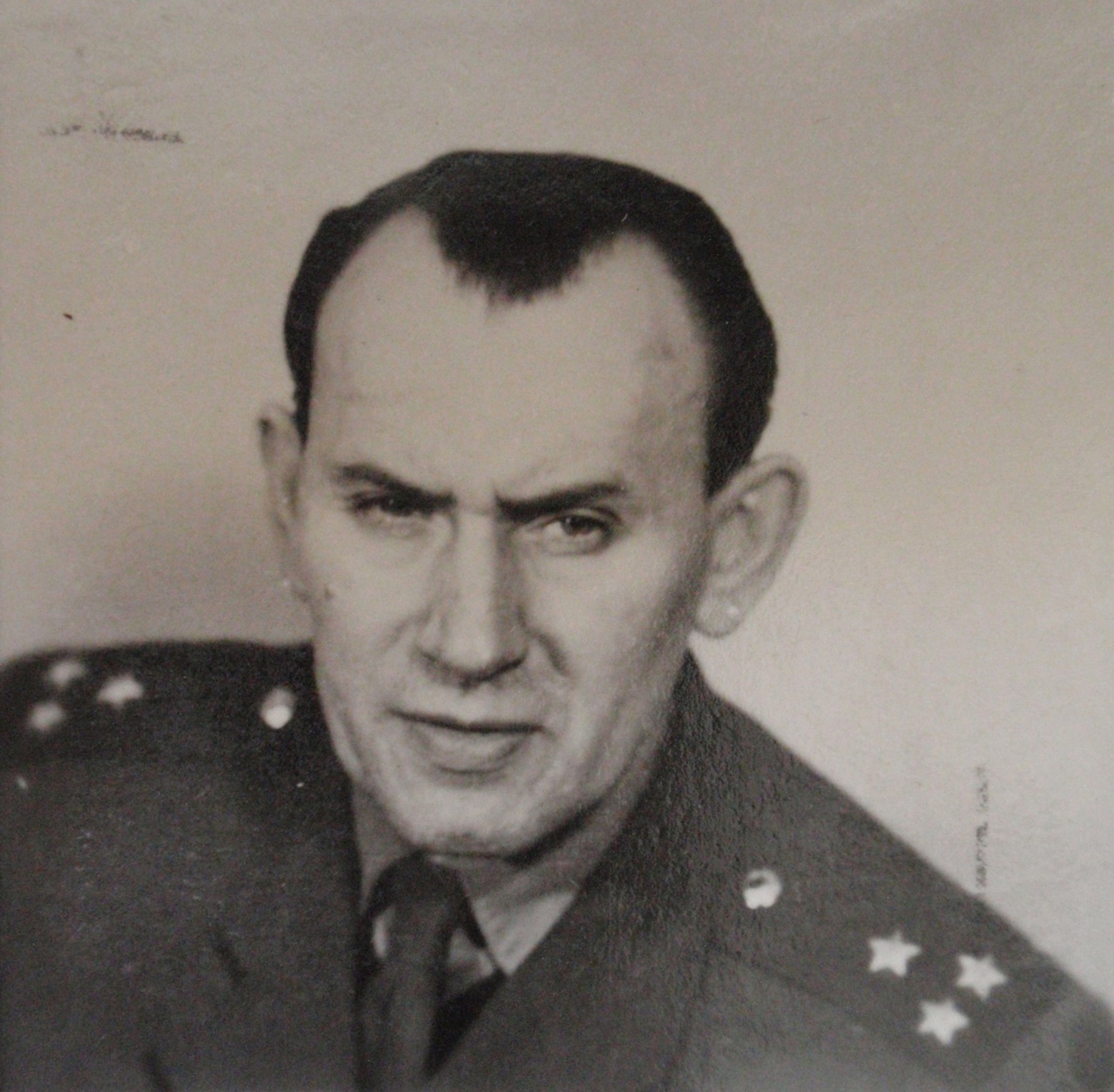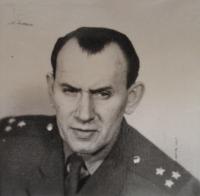“I was not working in the political prisoners´department, but I think they were not being beaten. If they behaved correctly, no one even noticed them.”
Josef Klesa was born March 10th 1921 in Cheb. He grew up in Kusíny, near Přeštice, about 20 kilometres from Pilsen. After elementary school he trained as a clockmaker and goldsmith. He was working as a clockmaker till 1942. In 1942 he was sent to forced labour to Germany, where he spent three years till the end of the war in several labour camps. After his return to Czechoslovakia he went through a course for prison wardens and found employment as a warden in the Pilsen-Bory prison. He served at the gate, in the prison year, or as a leader of an artistic workshop. While he was in the prison, the so-called Bory revolt took place, and tens of political prisoners including general Píka were executed. In 1946 Josef Klesa joined the Communist Party of Czechoslovakia, in 1948 he left, but became a Party member again in 1962. He briefly served as a guard in Cheb, but then he returned to the Bory prison and worked as a warden there till his retirement.

